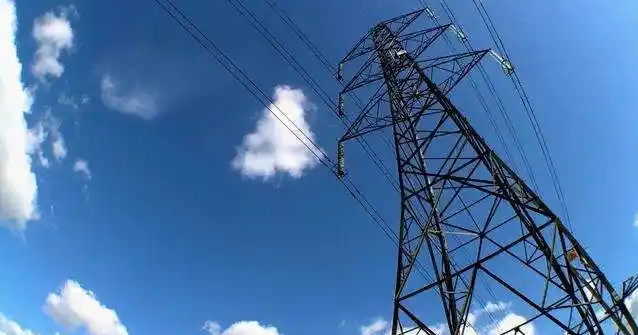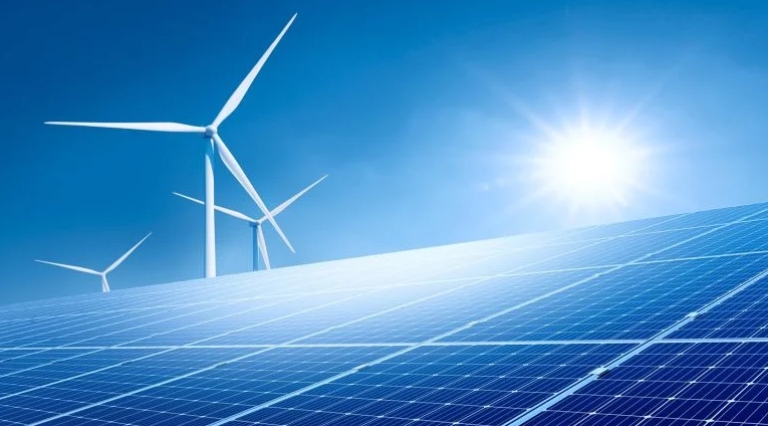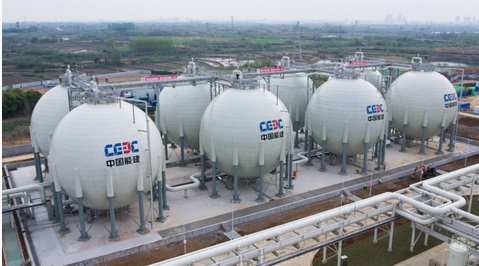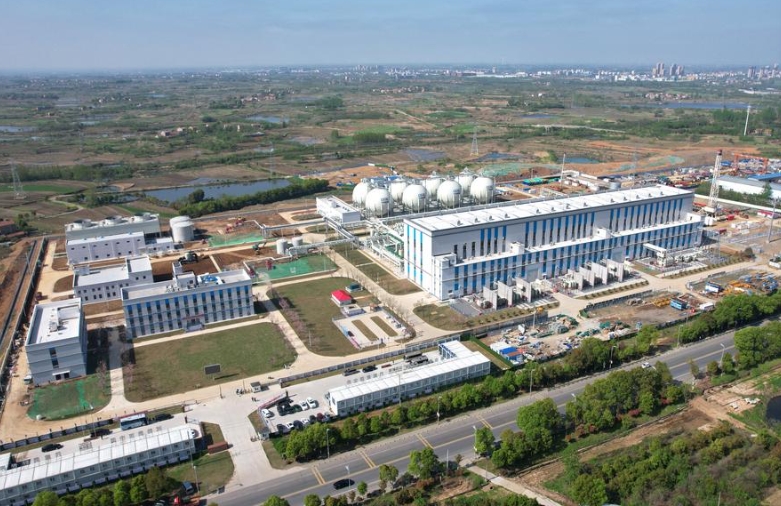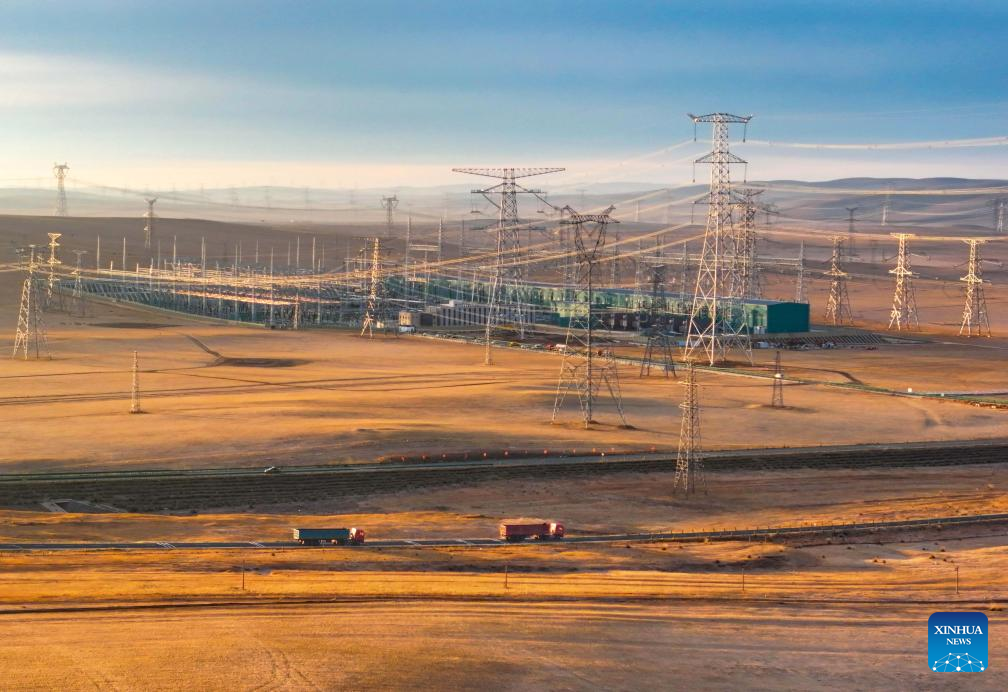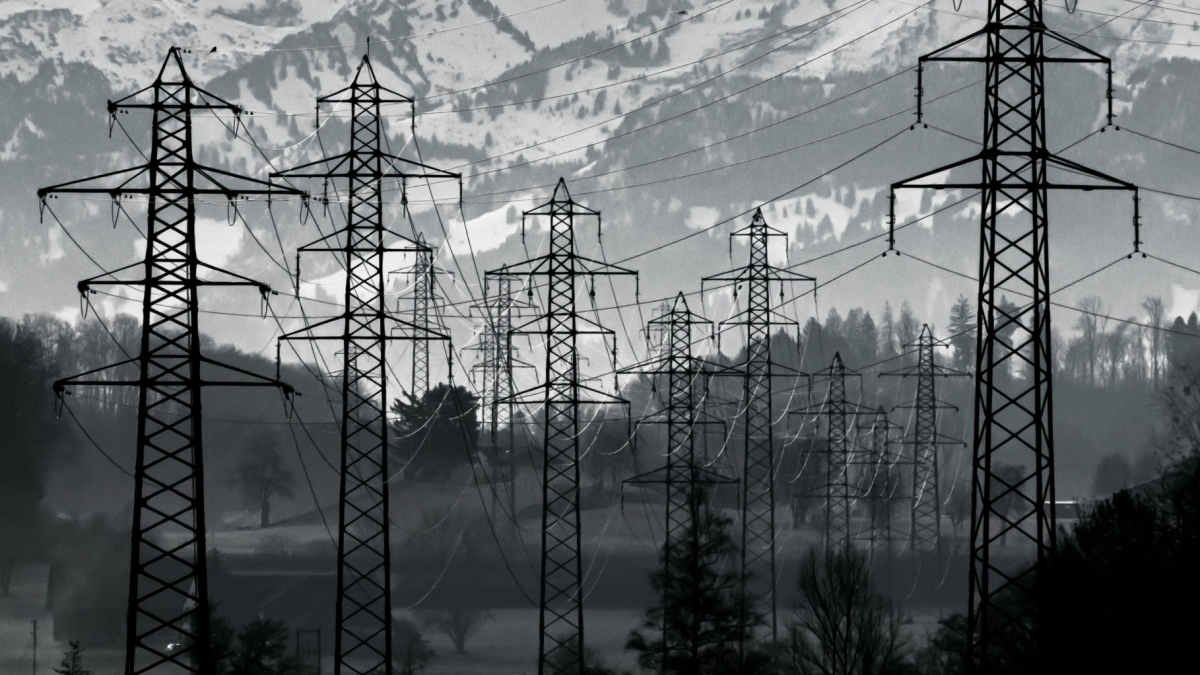This financing is in addition to the earlier $6.83 million and previous $14.68 million approved by the Bank’s board of directors in June 2013 and May 2018 respectively, bringing its total contribution to $24.73 million.
The project for which this additional funding is intended aims to improve the quality of life of the Djiboutian population through the increase of green energy production capacity, the reduction of oil imports, and the reduction of greenhouse gas emissions.
Its objective is to explore the geothermal steam field of Lake Assal, located in the centre of the country, and to confirm the characteristics of the geothermal resource.
This additional financing from the Bank will allow the cleaning of well number 2 and make more tests for all the wells in order to collect reliable data, intended for a feasibility study, with an acceptable risk profile for a commercial exploitation.
Geothermal energy development programme
In a three-phase programme, exploration of the field in question will first be carried out to confirm the characteristics of the geothermal resource; next will be the development of the geothermal field and the construction of a power plant with a capacity of 20MW; and finally the extension of the capacity of this plant to 50MW.
This project is also part of a geothermal energy development programme and will help build the first such plant in Djibouti.
It will ultimately increase the green energy production capacity of this country in the Horn of Africa, increase access to electricity, thanks to a more reliable and more efficient source of energy.
It will also reduce Djibouti’s oil imports and greenhouse gas emissions. By improving its access to electrical energy, it will contribute to improving the quality of life of the Djiboutian population.

